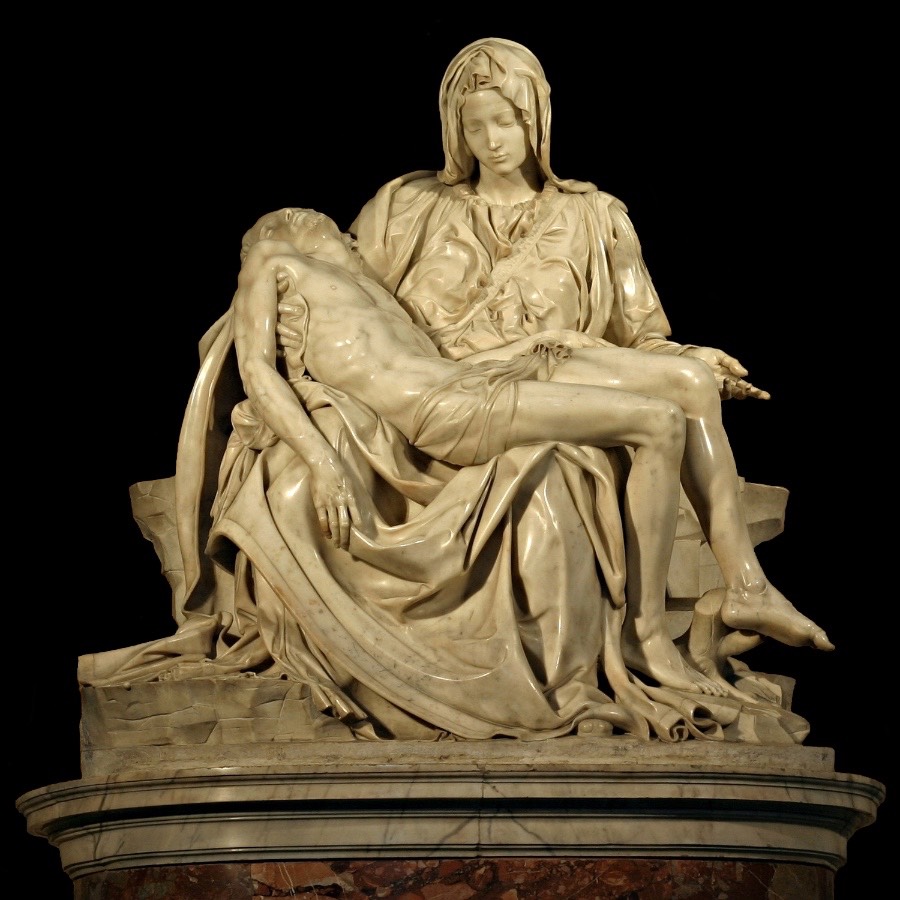January 5th, 2012
Last night I was listening to John Lennon’s song “Imagine”. It truly deserves its place as one of the greatest songs in rock and roll, and indeed in all music. Whilst listening to the song, I recalled the reactions of some conservatives that I have seen on the Internet. They sneer at this song, as well as another song called “Kumbaya”, which I have never heard. Their disdain arises from the song’s suggestion that we imagine a world with no possessions, a world with no religion or nation-states. These conservatives (and I’m sure that they’re only a subset of the broad mass of conservatives) seem to think that the song expresses naiveté. I think it is the sneerers who are naive.
One of the points I made in my Dragon Speech was that we should dream big, but discriminate between our dreams and our plans. Dreams are unfettered by reality, expressing only our desires. Our plans represent the closest approximation of our dreams that is achievable. Because we differentiate between dreams and plans, we can dream as grandiosely as we wish. Who doesn’t dream that they could fly? Are we fools or naive because we cherish such dreams? Of course not. We fly airplanes instead. It’s not as good, but it’s the closest we can get to our dream.
One of the functions of art is to communicate the artist’s vision. We can appreciate that vision, allowing ourselves to be swept up in its beauty, without believing that it is anything more than a dream. Consider Michelangelo’s masterpiece, the Pieta:

This is one of the greatest works of art of human history, and I stand in awe of its beauty. That does not, however, imply that I believe that Jesus was crucified or that Mary held him in her arms. It doesn’t mean that I’m a Christian. The beauty of a vision is entirely distinct from its reality.
This distinction between the beauty of something and reality is crucial to any appreciation of art. We all know that some of the things they do in science fiction are physically impossible, but that doesn’t lessen the value of science fiction. We all know that people can’t fly, or walk on walls, or jump 20 feet into the air, yet when we see such things happening in science fiction movies, we don’t stomp out of the theater; we know that it’s a story that isn’t meant to be literally true.
The same reasoning applies to “Imagine”. John Lennon is not presenting a bill for consideration by Congress. He’s presenting a dream; he even says so (“You may say I’m a dreamer…”) And who doesn’t dream of a world without strife, a world without greed, a world without killing? The sneerers who disdain “Imagine” are naive because they don’t understand how art works. Worse, their hearts are stone.
I do not believe that we SHOULD live in a world without possessions; I am a solid adherent of free market capitalism – GENUINE free market capitalism, which our system misses by a long shot. But Lennon’s is a wonderful dream, and I am moved by it.
